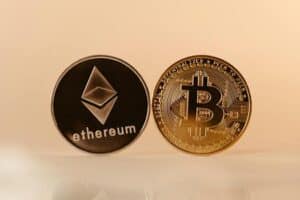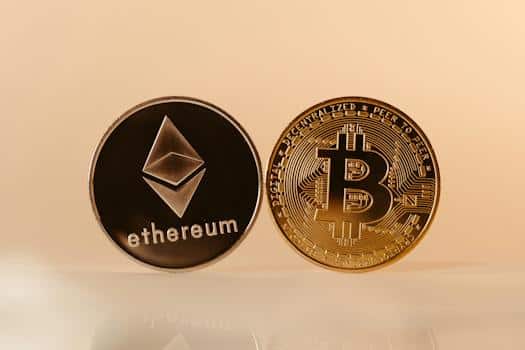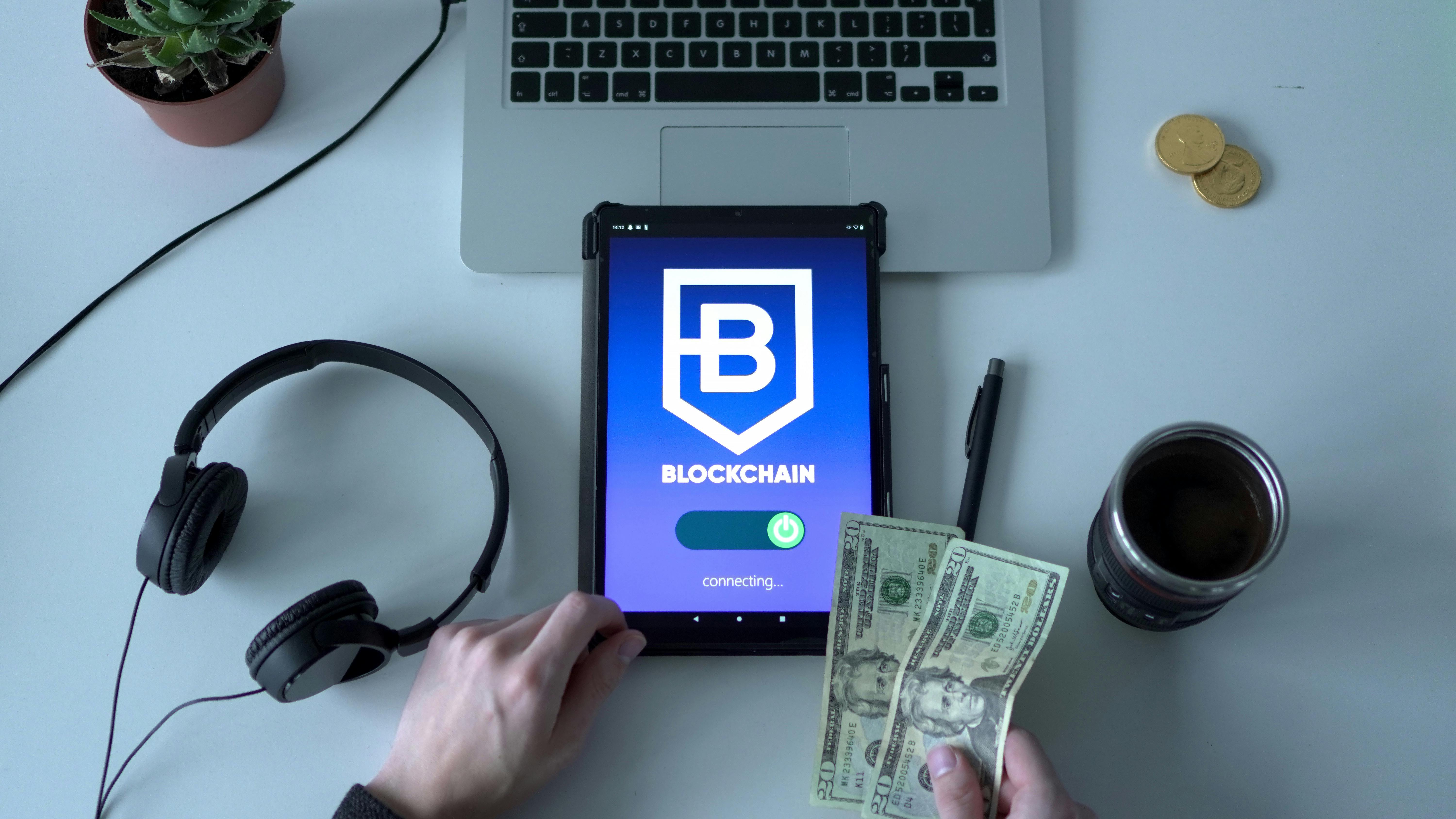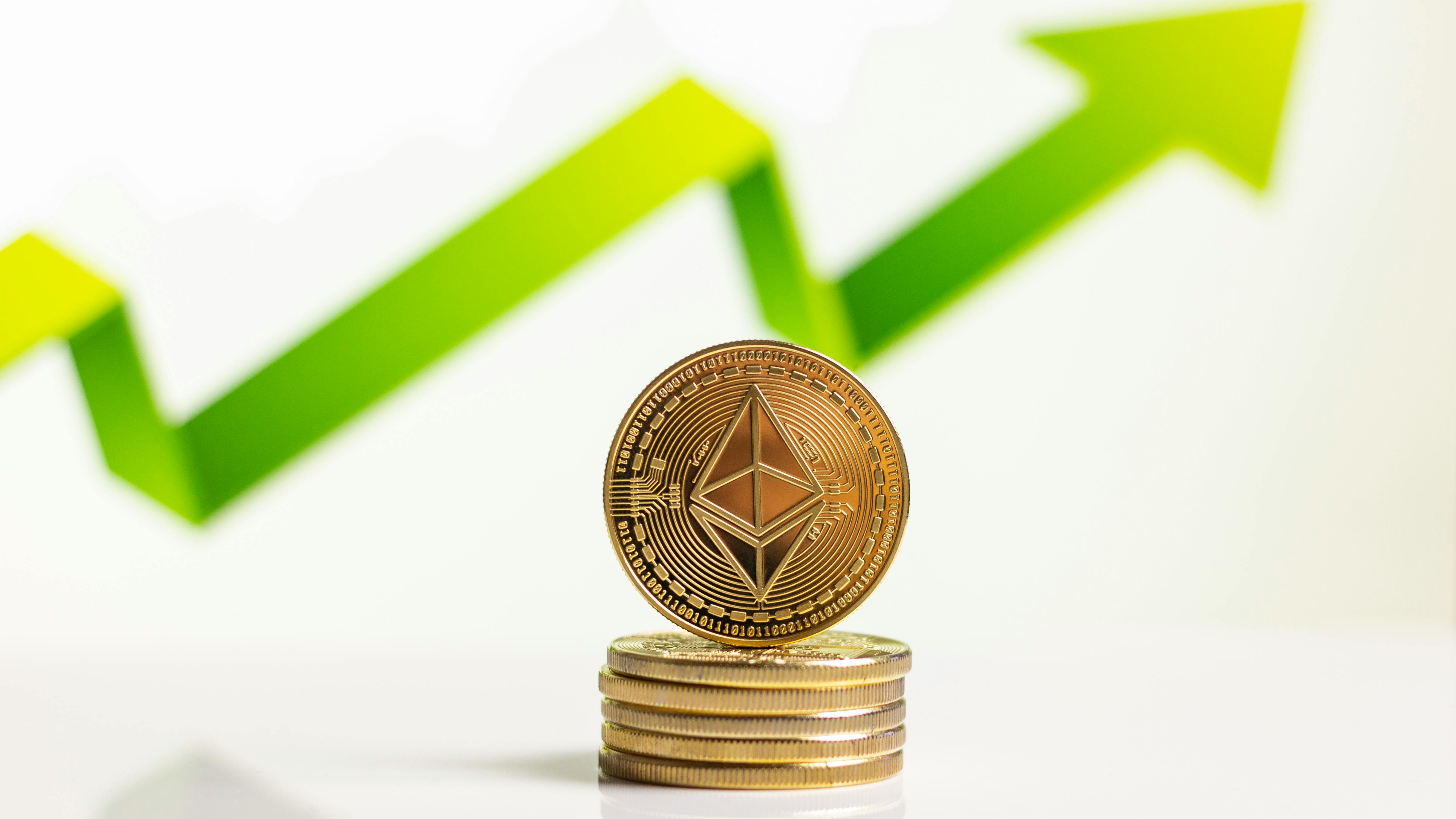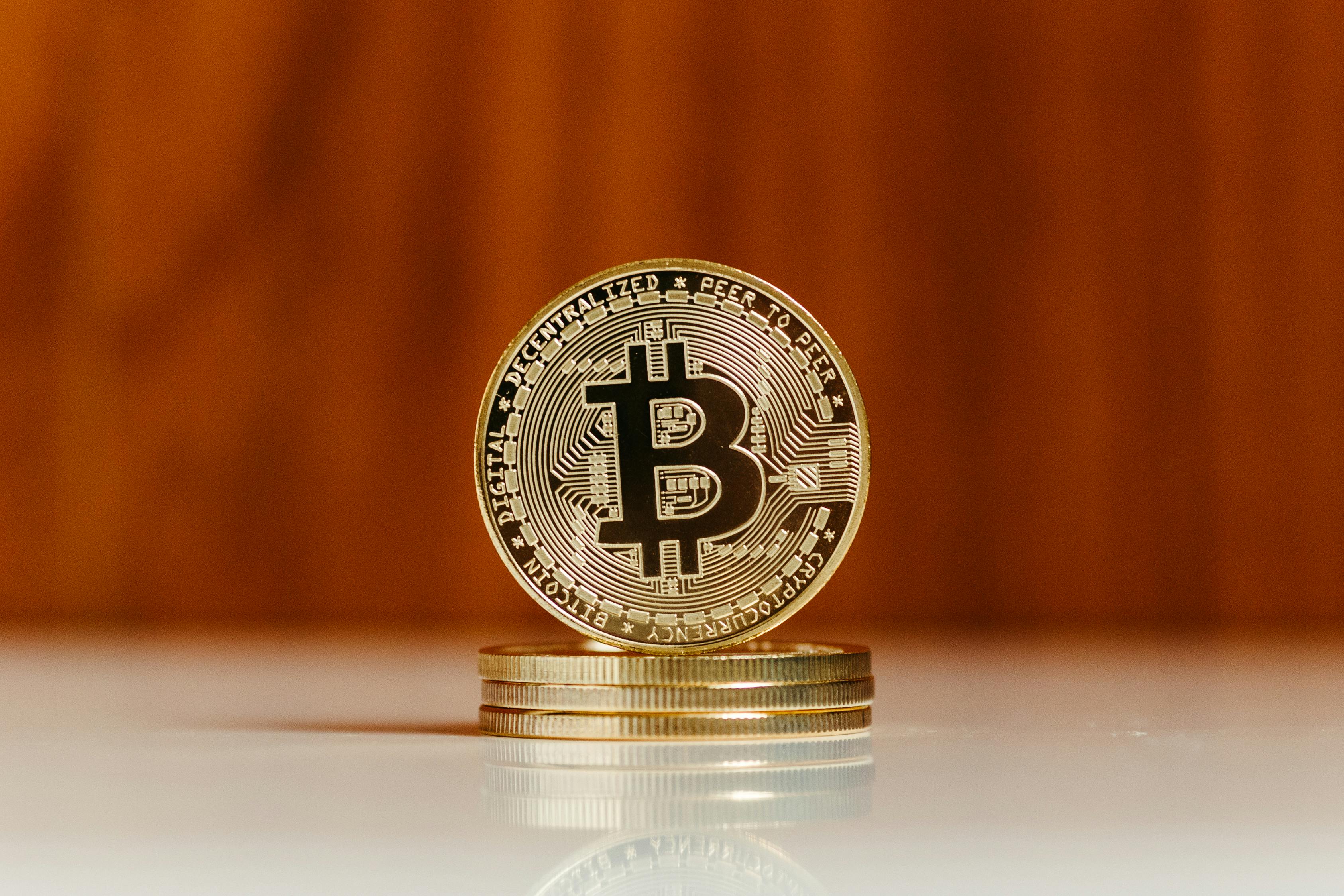A Legal Blow to Crypto’s Wild West: The SEC Scores Against Terraform Labs
In a landmark ruling, a US judge has sided with the Securities and Exchange Commission (SEC), affirming that Terraform Labs and its CEO, Do Kwon, breached federal securities laws. This blow to Terraform Labs follows the tumultuous collapse of the Terra blockchain and subsequent unpegging of its stablecoin, TerraUST. The decision sends a clear message to the crypto industry about the importance of compliance and transparency in token sales and operations.
For those invested in the world of cryptocurrency, the verdict is a somber reminder that regulatory scrutiny is increasing. As the SEC alleged securities fraud and defrauding of investors, the court’s ruling has reinforced regulatory boundaries by granting a summary judgment in favor of the SEC on unregistered sales of the Luna and MIR tokens. Notably, the MIR token has successfully met the Howey test criteria, classifying it as a security, which intensifies the debate around cryptocurrency regulation.
The Gravity of the Howey Test in Crypto Regulations
The Howey Test—a legal test developed by the Supreme Court to determine whether certain transactions qualify as investment contracts—has become a cornerstone in classifying crypto assets as securities. The Luna and MIR tokens, central to the Terra controversy, were put to the test and subsequently deemed securities, which implies significant compliance requirements for similar tokens within the industry.
Judging by the Howey test’s criteria, many cryptocurrencies and tokens could potentially be subject to securities laws, a precedent that could reshape the crypto industry. This development is crucial for investors and companies who need to navigate this space without inadvertently stepping outside legal boundaries. Such legal precedents could also influence the lifecycle of future tokens, from inception to token sale and secondary market trading.
SEC’s Oversight and The Future of Cryptocurrency Tokens
With the SEC’s regulatory grip tightening, the future of cryptocurrency tokens is somewhat speculative. The ruling sets a legal framework for what constitutes a security within the crypto space, and issuers must practice due diligence in compliance. The decision marked a victory for the SEC, potentially leading to more stringent regulations and oversight in the crypto market—a daunting prospect for crypto innovators and investors alike.
As this industry evolves, understanding the implications of such regulatory actions is crucial for anyone looking to participate in buying, selling, or creating crypto assets. Investors are now more than ever advised to stay informed about legal standards and to consult with legal experts when necessary. The ruling is not only a reminder of regulatory compliance but also an opportunity for the industry to mature and become more investor-friendly.
The MIR Token, Cryptocurrency’s Legal Frontline
The MIR token stands as a legal litmus test in the ongoing dialogue between the crypto space and regulatory bodies. Its classification as a security brings about questions on how other tokens are to be managed and regulated in the market. This also raises conversations on the role of innovation in the face of regulatory clarity, and whether current securities laws are adequately equipped to handle the nuances of cryptocurrency trading.
For developers and crypto entrepreneurs, navigating these legal waters is now more intricate than before, with the need for a deep understanding of securities laws and creative strategies to comply. This borne regulatory requirement could indeed increase the administrative burden and legal complexities for upcoming crypto projects.
Montenegro’s Stance and Do Kwon’s Extradition
Further complicating matters for the embattled Terraform Labs, a Montenegro court has weighed in, permitting Do Kwon’s extradition to either South Korea or the United States. Kwon, who was apprehended due to possession of falsified documents, now faces a daunting legal battle across jurisdictions. His arrest is a testament to the international reach and determination of law enforcement agencies in pursuing allegations of fraud within the crypto world.
The ruling exemplifies the concerted effort by authorities globally to bring about accountability and legal order in the seemingly chaotic domain of digital currencies. The unfolding saga of Do Kwon and Terraform Labs is now watched closely by the crypto community, as it portends future legal challenges and outcomes for other actors in this ever-evolving digital asset landscape.
Key Takeaways: The SEC’s Regulatory Punch
| Aspect | Explanation |
|---|---|
| Luna and MIR Tokens | Declared as securities by a US judge, potentially setting a precedent for similar tokens. |
| Cryptocurrency Regulation | Affirms the necessity of upholding SEC regulatory standards for token sales and trading. |
| International Collaboration | Extradition of Do Kwon underscores broader enforcement efforts across countries. |
| Legal Implications | Presents a challenge to crypto innovators and investors navigating securities laws. |
| Industry Evolution | Emphasizes the need for the crypto industry to mature and prioritize investor protection. |
Securing Investments: A Call for Diligence and Compliance
The SEC’s stringent stand on Terraform Labs is a call to arms for the crypto industry to strive for greater compliance and investor protection. It’s a reminder that while the digital asset space promises revolutionary potential, it does not operate in a legal vacuum. The verdict is a watershed moment that draws a clear line on where innovation meets regulation and the imperative for legal abidance within the sector.
Investors and entities in the crypto market must now reexamine their approach to digital asset investments and seek to align with regulatory expectations. This alignment is not just to sidestep legal repercussions but also to build sustainable operations that can withstand the scrutiny and standards of securities laws.
The information presented in this article is for educational purposes only. Always conduct your own research before investing in cryptocurrency.




